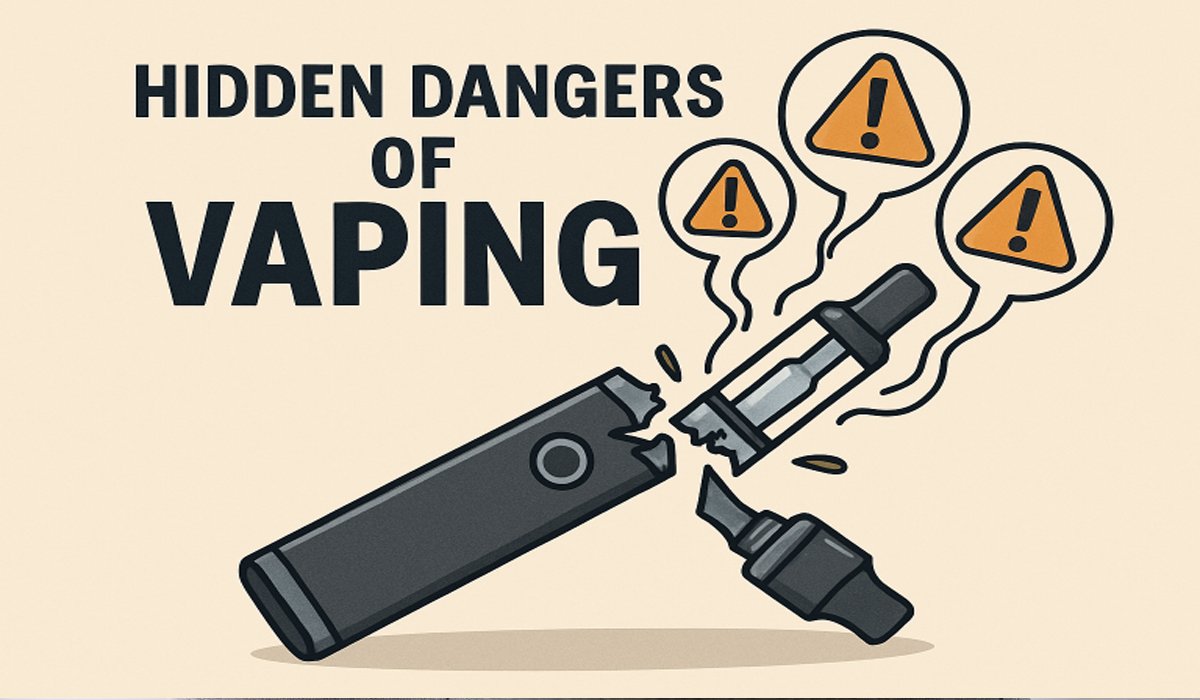Table of Contents
- Introduction
- Flexibility and Accessibility
- Comprehensive and Personalized Care
- Cost-Effectiveness
- Peer Support and Community Engagement
- Real-World Application of Skills
- Transition from Inpatient to Independent Living
- Evidence-Based Therapies
- Long-Term Recovery and Aftercare
Introduction
For individuals seeking practical support for mental health or substance use challenges while preserving their daily lives, Intensive Outpatient Programs (IOPs) provide an adaptable and pragmatic approach to recovery. Unlike traditional inpatient treatment that requires a residential stay and separation from work, school, or family, IOPs offer a unique model built around maintaining daily responsibilities. These programs deliver structured care through scheduled therapy sessions, group counseling, and skill-building activities. At the same time, allowing participants to uphold work commitments, continue educational pursuits, or take care of loved ones at home. In locations like the Intensive Outpatient Program in Ventnor, NJ, these advantages are paired with a convenient, local setting and a personalized care plan, making recovery accessible to diverse communities. IOPs create avenues for lasting healing and reintegration by addressing each individual’s unique needs.
IOPs serve as a bridge between the intensity of inpatient treatment and the autonomy of independent living. Rather than immediately returning to regular life after residential care, individuals have the ongoing guidance and structured support necessary for sustainable success. In the following sections, we will explore the significant benefits of IOPs in detail, revealing why so many choose this pathway for their recovery journeys. From flexibility and community to affordability and evidence-based therapies, these programs provide a holistic solution that meets real-world needs.
Flexibility and Accessibility
One defining benefit of IOPs is their flexible structure, which is crucial for individuals who must balance treatment with daily responsibilities. Participants can often choose between daytime, evening, or weekend sessions, providing options that align with busy schedules or varying obligations. This flexibility removes many logistical barriers that stop people from seeking treatment, such as the inability to take extended leave from work or care for children and family members. By making treatment more accessible, IOPs allow diverse participants—including working professionals, students, and caregivers—to access high-quality care without significant disruptions to their daily lives. The reduced stress from maintaining these responsibilities can also improve engagement and commitment to the recovery process, supporting better outcomes.
Comprehensive and Personalized Care
Every individual’s path to recovery is complex, and IOPs recognize this by offering comprehensive, individualized treatment plans customized to meet each client’s unique needs. Treatment components typically include a blend of one-on-one therapy, group sessions, family counseling, psychoeducation, and skills training. This multifaceted approach ensures that all aspects of well-being—including emotional, behavioral, and relationship concerns—are addressed together. Group sessions promote a collaborative atmosphere, while individualized therapy focuses on personal goals and obstacles. IOPs may integrate treatment for co-occurring disorders, such as anxiety or depression paired with addiction, so that all underlying issues are treated simultaneously. This personalized approach helps individuals identify and address the specific factors that contribute to their challenges and empowers them to develop insight, build coping strategies, and make sustainable changes to support their recovery in the long term.
Cost-Effectiveness
Affordability is a critical consideration in mental health and substance use treatment, and IOPs stand out for their cost-effectiveness. Because IOPs do not require overnight stays or the use of residential facilities, their operating costs are substantially lower than those of inpatient programs. This reduction in cost makes intensive care available to a wider population, breaking down financial barriers to getting needed help. Many insurance providers increasingly recognize the effectiveness of IOPs, and as a result, more policies now cover all or part of the costs associated with these programs. This financial accessibility means individuals and families can focus on healing rather than worrying about the high out-of-pocket costs that can be a deterrent to long-term care.
Peer Support and Community Engagement
A vital aspect of IOPs is the sense of community that develops during group sessions and shared activities. By participating alongside others who face similar life challenges, individuals build valuable connections and benefit from a supportive environment that promotes healing, understanding, and growth. Peer support is proven to help in reducing feelings of isolation, which are common in those struggling with mental health or substance use disorders. The accountability built within these groups encourages honest sharing, regular attendance, and the pursuit of recovery goals. This system creates lasting bonds, fosters mutual encouragement, and helps individuals recognize they are not alone in their struggles. Over time, these relationships can be a robust foundation for ongoing recovery and personal empowerment.
Real-World Application of Skills
One of the most powerful aspects of IOP treatment is the immediate opportunity participants have to apply new coping skills in the real world. While living at home, individuals are able to integrate strategies learned during therapy into their daily routines—whether that means managing stress at work, communicating more effectively with loved ones, or resisting potential triggers in social environments. The constant practice and feedback cycle helps reinforce healthy patterns and makes these new skills second nature. When challenges or setbacks arise, participants can bring those experiences back to their treatment team and group for guidance and problem-solving, which greatly accelerates personal growth and change.
Transition from Inpatient to Independent Living
For many, moving from a residential program to living independently can be a daunting transition, often accompanied by anxiety about staying on track. IOPs offer a crucial step-down in the continuum of care, providing ongoing access to support, structure, and skilled professionals. This gradual return to daily life helps solidify progress made in inpatient settings while promoting the gradual assumption of responsibilities and independence. Continued access to therapy, support groups, and educational sessions reduces the risk of relapse and reinforces healthy choices. Such a transition fosters self-efficacy and confidence, laying the groundwork for a stable and autonomous life.
Evidence-Based Therapies
Quality IOPs are built on proven, evidence-based therapies tailored to each individual’s needs. Treatments such as Cognitive Behavioral Therapy (CBT), Dialectical Behavior Therapy (DBT), motivational interviewing, and mindfulness-based approaches are frequently used. These methods have been researched extensively and shown to be effective in addressing a wide spectrum of mental health and substance use concerns. By focusing on skill development, self-awareness, and positive behavior change, these therapies equip participants with powerful, practical tools to manage symptoms, prevent relapse, and sustain overall well-being. The continuous clinical oversight in an IOP ensures that care remains relevant and adaptive throughout treatment.
Long-Term Recovery and Aftercare
True recovery does not end when the program is finished. IOPs design treatment with long-term well-being in mind, including aftercare planning as a fundamental component. Before discharge, participants work with providers to develop relapse prevention strategies and identify resources that support ongoing health, such as referrals to therapists, connections to peer support groups, and continued involvement in community activities. This proactive approach builds a safety net for clients, ensuring they have continued access to support when facing new challenges or stressors after leaving the program. As a result, graduates of IOPs are more likely to stay on track with their recovery goals and continue to grow in their personal development.
In summary, Intensive Outpatient Programs offer an effective, flexible, and affordable model for individuals pursuing mental health or substance use recovery. Their emphasis on balancing support with independence, real-world application, and robust aftercare empowers participants to rebuild their lives while maintaining essential connections and responsibilities. For many, IOPs provide a life-changing stepping stone toward long-term recovery and self-empowerment, enabling individuals to heal, grow, and thrive on their own terms.
READ ALSO: Omega Scan: Your Body’s Early Warning System











